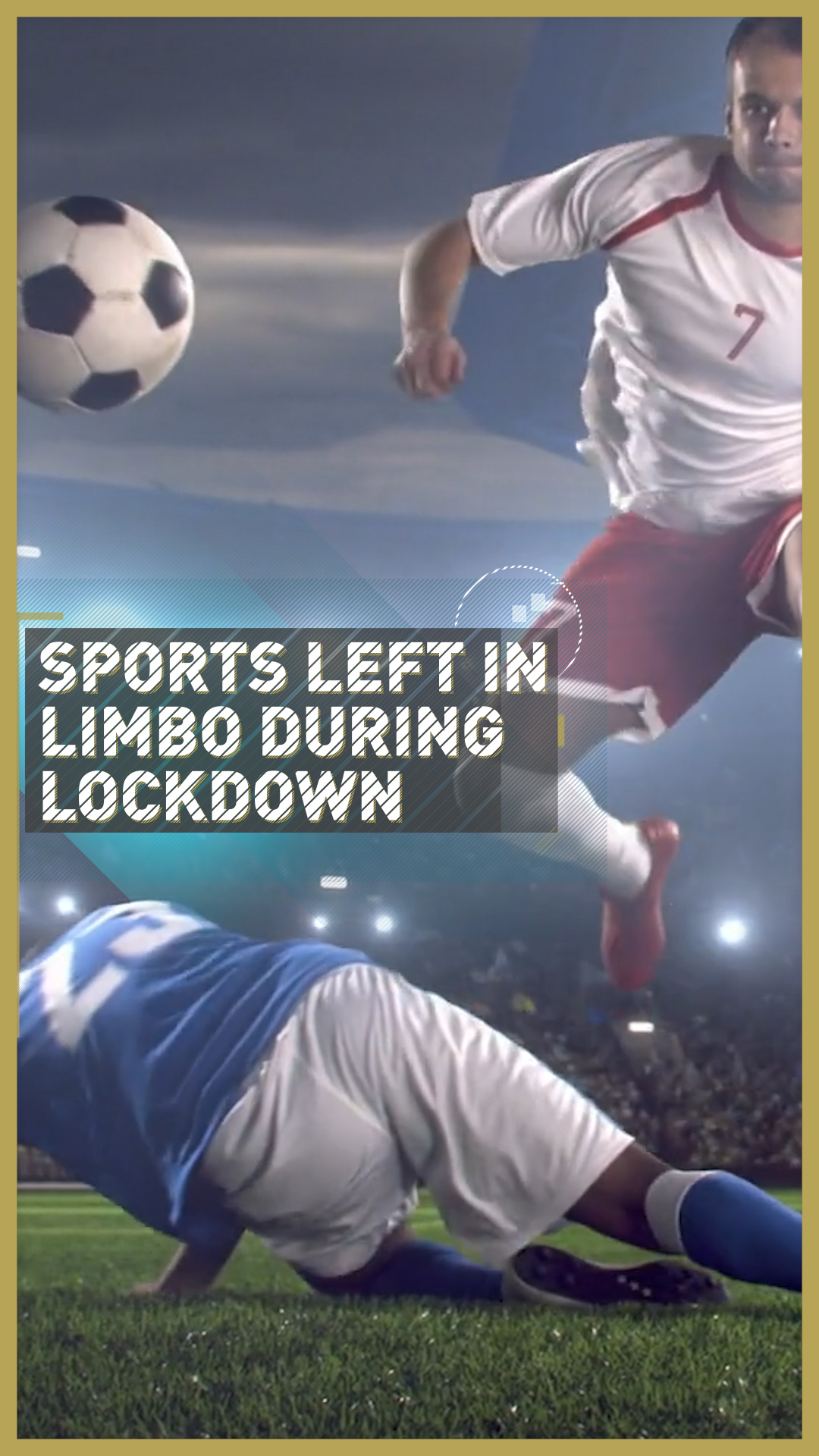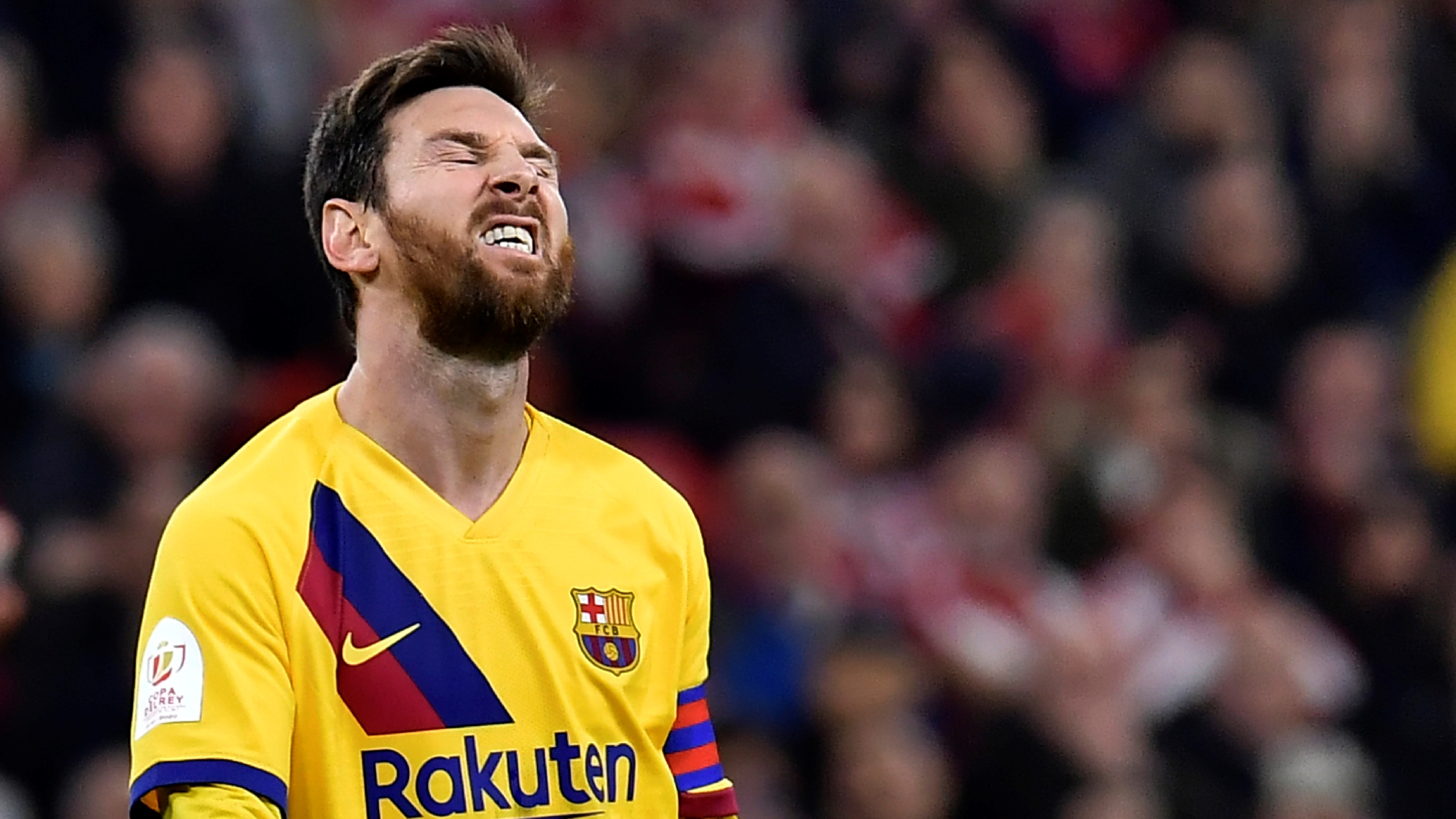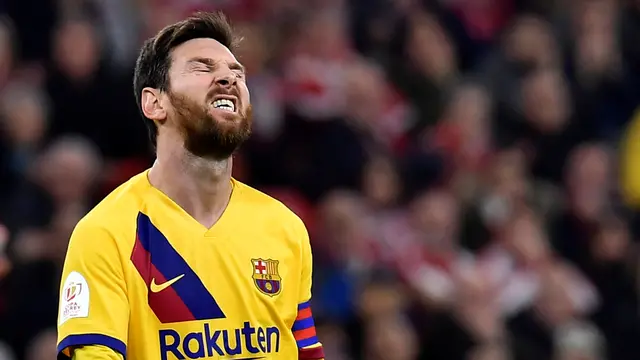02:32

The COVID-19 pandemic has upended all aspects of life and sports is no exception. The Tokyo Summer Olympic Games has been cancelled. Cycling's Tour de France postponed. And the NBA basketball season suspended. The industry is haemorrhaging billions of dollars, as fans and athletes are forced to remain indoors.
During a virtual conference on Tuesday, sports ministers from European Union nations stressed that countries should take every opportunity to reallocate existing and planned funds to support the struggling sports industry. Some of this money could come from the $40 billion Coronavirus Response Investment Initiative, which mobilizes existing cohesion funds.
"There is a lot of work in front of us to protect the sports sector and enable it to continue to contribute to the health and wellbeing of our citizens and the development of our society both in the current situation, but also in the post-pandemic period," said Croatia's sports minister, Tomislav Družak, after the meeting. "I am confident that the sports sector will emerge from this crisis as strong as ever."
The ministers also highlighted that the use of EU funds and the recognition of sport as an important part of regional development should be considered in line with national priorities.

World footballer of the year, Lionel Messi, and his Barcelona teammates last played a match on 7 March before COVID-19 forced leagues across Europe to be postponed. /AP
An 'amputation of our passion'
The coronavirus pandemic has pummelled the sports industry. If it were any other April, European football teams and their fans would be entering the climax of the season. A time when champions are crowned, prize money is claimed and Europe's elite players gear up for the Champions League final.
But this April, stadiums across Europe, renowned for their boisterous revelry, sit shuttered and silent.
"it's like some kind of parallel universe," said Stijn Van Bever, communications director for Belgium's Pro League. "We're all inside. Stadiums are empty. It's almost like an amputation of our passion."
The coronavirus pandemic and subsequent lockdowns led the English Premier League, Belgium's Pro League, Spain's La Liga and Germany's Bundesliga to suspend their seasons, while the Netherlands has suspended all professional sport until September.
But it's not just football. Coronavirus has upended nearly every sport and every facet of the sports supply chain. Athletes, teams, merchandisers, caterers, even gyms, all are feeling the effects.
"This is the first thing people aren't going to pay for, or are not going to host or are not going to participate in if it's not really necessary," said Martijn Ernest, research and business development lead at the International Football Business Institute.

Stadiums such as Borussia-Park in Monchengladbach, Germany would be filled with fans during the last few games of a season. /AP
Billions lost
The global sports industry was valued at $471 billion in 2018 and, according to the sports marketing agency Two Circles, more than $60 billion in revenue could be lost in TV deals, sponsorship and that taken on the day events alone.
Sport financing is reliant on external sources, mainly ticketing, sponsorship, and media rights. A cloud of uncertainty hangs over all three, making it impossible to balance revenue expectations with expense obligations.
"Wages need to be paid and then if you see even teams like Liverpool, like Tottenham, really struggling to pay those wages because their cash flow comes to a certain limit, then you're in a dangerous position," said Ernest.
It will take a vaccine for things to truly get back to normal. But with that at least a year away, the sports industry has been forced to innovate.
Belgium's famed Tour of Flanders was held virtually this year. Cyclists peddled in isolation. Football clubs are also toying with the idea of playing to empty stadiums and testing their athletes for the virus on a daily basis. The UFC said infrastructure is being built on a private island so its mixed martial arts fights can continue. It all sounds extreme, but it may be the only way to keep the sports industry healthy.
 简体中文
简体中文

